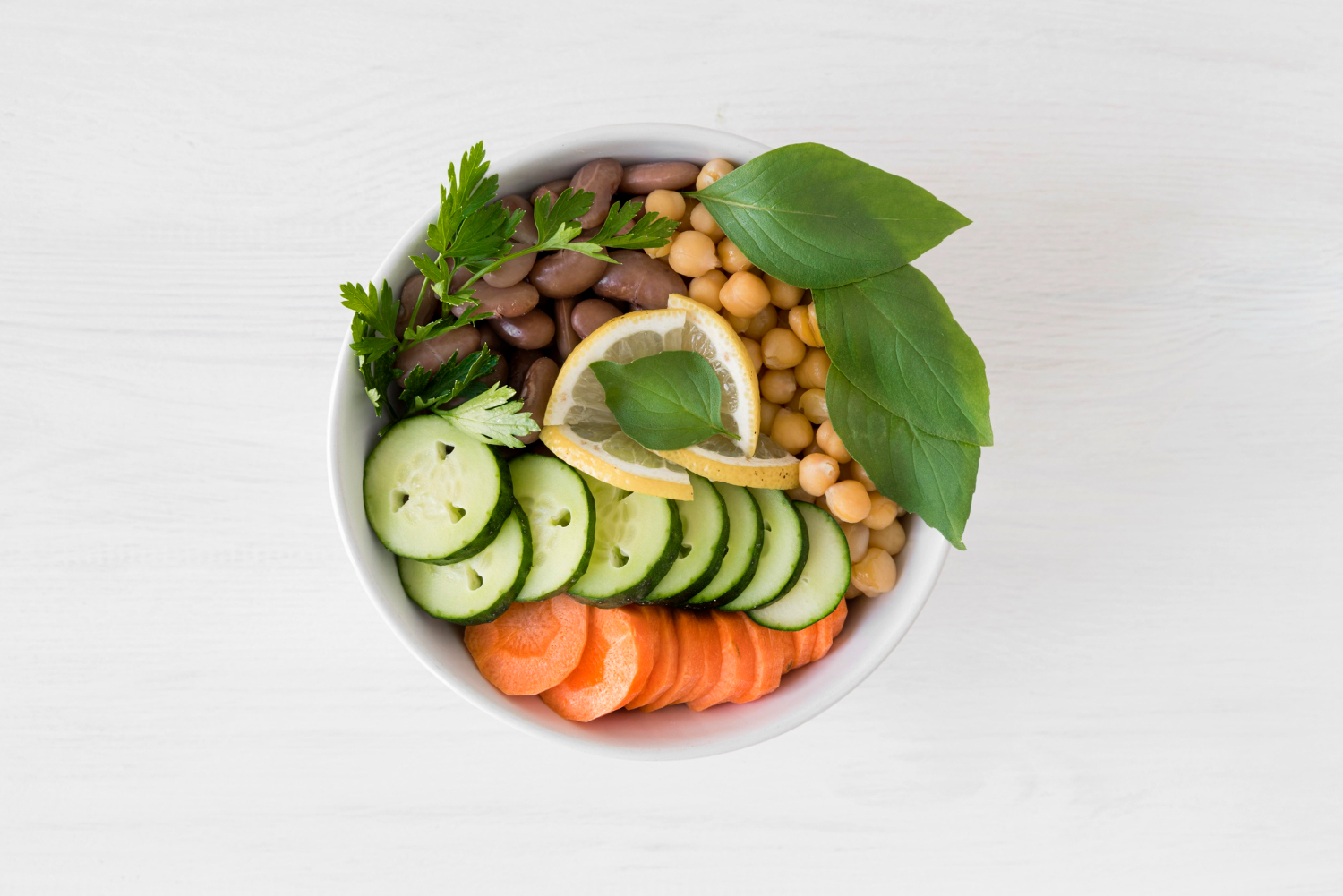
Mastering Healthy Eating: 8 Practical Tips for a Balanced Diet
Achieving a healthy lifestyle involves more than just counting calories; it’s about making informed and sustainable choices. Here are 8 practical tips to guide you on your journey to healthy eating.
1. Caloric Balance and Portion Control
The foundation of a healthy diet lies in maintaining a balance between the calories you consume and the energy your body uses. Overeating leads to weight gain while consuming too few calories results in weight loss. Strive for portion control, listen to your body, and be mindful of the energy balance.
2. Starchy Carbohydrates: The Right Foundation
Base your meals on higher-fiber starchy carbohydrates, comprising over a third of your food intake. Opt for wholegrain varieties like whole wheat pasta, brown rice, and potatoes with skins. These choices are rich in fiber, keeping you full for longer and providing essential nutrients.
3. Embrace Fruits and Vegetables
Try to eat five or more servings of a range of fruits and vegetables each day. Fresh, frozen, canned, dried, or juiced – all count towards your daily goal. These nutrient-packed foods contribute to overall health and well-being. Limit sugary fruit juices and smoothies to no more than one glass a day.
4. Include Fish, Especially Oily Fish
Fish is a superb source of protein, vitamins, and minerals. Incorporate at least 2 portions of fish per week, with one being oily fish like salmon or mackerel. Oily fish contains omega-3 fats, beneficial for heart health. Be cautious with canned and smoked fish due to potential high salt content.
5. Watch Saturated Fat and Sugar Intake
Be mindful of the types and amounts of fat you consume. Limit saturated fats found in butter, fatty meats, and baked goods. Men should aim for no more than 30g of saturated fat daily, while women should stay below 20g. Cut down on foods high in free sugars, such as sugary drinks, sweets, and pastries, to reduce the risk of obesity and tooth decay.
6. Moderate Salt Intake
Excessive salt intake can elevate blood pressure, increasing the risk of heart disease and stroke. Adults should limit daily salt intake to no more than 6g. Check food labels for salt content, especially in processed foods, and opt for lower-salt alternatives.
7. Stay Active and Maintain a Healthy Weight
Regular exercise contributes to overall health and helps maintain a healthy weight. Strive for a balance between healthy eating and physical activity. If you’re trying to lose or gain weight, tailor your calorie intake accordingly. The NHS weight loss plan can provide guidance.
8. Hydration and the Importance of Breakfast
Drink 6 to 8 glasses of fluids daily, with water, low-fat milk, and tea or coffee as healthier choices. Limit sugary drinks to maintain overall health, including dental well-being. Additionally, don’t skip breakfast. A balanced, fiber-rich breakfast kickstarts your metabolism and provides essential nutrients.
Remember, healthy eating is a lifelong journey, not a short-term fix. Incorporate these tips gradually, making adjustments that align with your preferences and lifestyle. Consult with healthcare professionals for personalized advice, and celebrate the positive changes you make towards a healthier, happier you.





